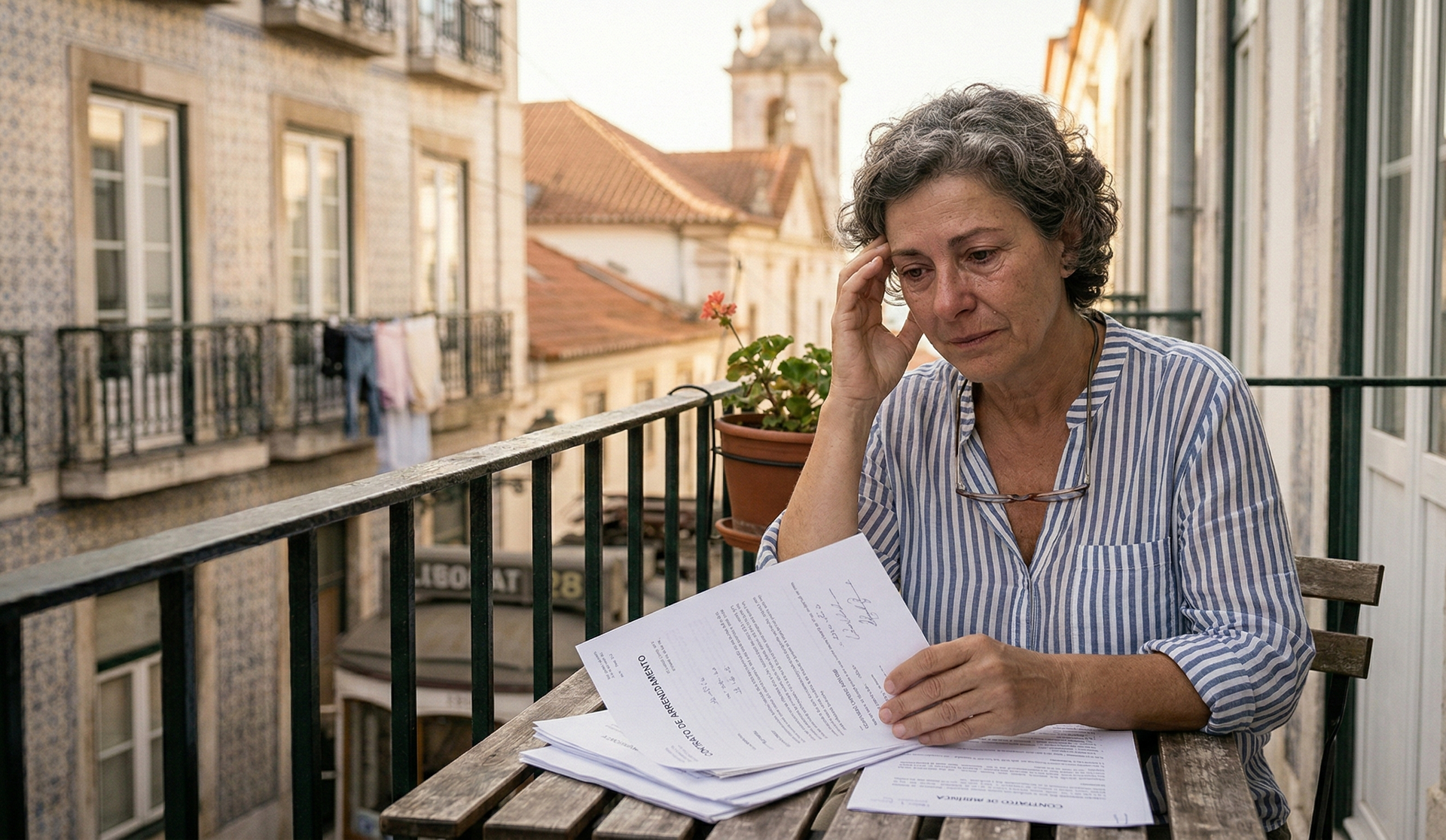Portugal's Journey to Democracy: Celebrating 50 Years of Progress
Tomorrow, on the 25th of April, Portugal commemorates its 50th year as a democratic state. Despite being an ancient country steeped in centuries of history, its journey to democracy began relatively recently in 1974.
Historical context of the Portuguese route to democracy
Prior to 1974, Portugal was under the control of the Estado Novo regime, established in 1933 by António Oliveira Salazar, who ruled with authoritarianism until 1968. His successor, Marcello Caetano, continued his authoritarian rule until the Carnation Revolution. The Estado Novo regime was characterised by its fascist ideology inspiration, marked by authoritarianism, conservatism, and nationalism.
This regime was established following another military coup on May 28, 1926, which overthrew the Portuguese First Republic. The First Republic was marked by political instability and a perpetually struggling economy. The period from 1926 to 1933 saw Portugal under the rule of a military dictatorship known as the National Dictatorship.
The turning point came on the 25th of April, 1974, with the Carnation Revolution, a military coup that ushered in democracy in Portugal. Remarkably, this revolution was bloodless, with minimal casualties. It stands out as a peaceful uprising that laid the foundation for Portuguese democracy.
The 25th of April Military Coup
The military coup, marked by an unexpected surge of civil resistance, was driven by various factors, with the colonial war emerging as the primary one. Portugal had been involved in conflict since 1961, with armed fights in Angola, Mozambique, and Guinea Bissau. This prolonged conflict, lasting 13 years, with no end in sight, exacted a heavy toll on Portugal's resources and manpower.
A significant portion of the national GDP was funnelled into sustaining the war effort across these three fronts, resulting in the loss of countless lives and leaving many with lifelong injuries. Moreover, Portugal faced international isolation due to its colonial policies, which ran counter to the global trend towards self-determination for all peoples.
Led by the Armed Forces Movement (MFA), composed primarily of military officers opposed to the regime, the military coup culminated in the actions of individuals like Otelo Saraiva de Carvalho and Salgueiro Maia, revered as the April Captains. These figures represent the desire of the military personnel who participate in the revolution, driven by a shared desire to finish the existing regime and build a democracy.
The coup was orchestrated with precision, employing two secret radio signals to signal its commencement. The first signal was the broadcast of "E Depois do Adeus" by Carlos de Carvalho, Portugal's entry for the 1974 Eurovision Song Contest. The second signal came in the form of "Grândola, Vila Morena," a song by Zeca Afonso, a renowned protest musician. It was a prohibited song by the regime, "Grândola, Vila Morena" after emerged as the unofficial anthem of the Carnation Revolution, symbolising the spirit of resistance and unity among the Portuguese people.
Characteristics of Estado Novo Regime
Before the establishment of the Portuguese democratic state in 1974, access to universal suffrage was severely restricted, particularly for women. Discriminatory barriers hindered their participation in the political process, reflecting a broader climate of oppression and marginalisation.
Furthermore, pervasive censorship is carried out across all spheres of public life. The government's agency, PIDE (International and State Defence Police), applied unchecked authority to monitor and suppress any semblance of opposition to the Portuguese state. Its oppressive tactics included arbitrary arrests, torture, and extrajudicial killings, instilling fear and silencing dissenting voices. This culture of intimidation and persecution underscored the regime's determination to crush dissent and maintain its grip on power.
What has changed in these 50 years of Portuguese Democracy?
Before the Carnation Revolution, Portugal was a different country. Through statistical insights, we gain a deeper understanding of Portugal's socio-economic landscape before the Carnation Revolution and compare it with today’s data.
Prior to the revolution, Portugal faced alarming rates of infant mortality. For instance, in 1960, the infant mortality rate stood at a staggering 7.75%, ranking among the highest in Europe. Fast forward to 2022, and the landscape has transformed, with the infant mortality rate dropping to 0.26%, marking a significant improvement and placing Portugal among the best-performing countries in this regard. (data from pordata)
Similarly, illiteracy rates posed a significant challenge to Portugal's development in the 1960s, with nearly 3 million individuals, constituting 33.1% of the population, lacking basic literacy skills. Recent data from 2021 shows that the illiteracy rate has reduced to 3.1%, reflecting substantial progress in education and literacy initiatives. (data from pordata)
Access to higher education was once a privilege reserved for the elite, leaving the majority of the population with limited opportunities for academic advancement. However, concerted efforts to democratise access to education have yielded remarkable results. The number of individuals enrolled in higher education institutions surged to 446,028 in 2023, a testament to the transformative power of education in shaping Portugal's future. This expansion in educational opportunities has not only empowered individuals but has also driven advancements across various fields, fostering innovation and progress within Portuguese society. (data from pordata)
In the present times, we are fortunate enough to have a free and unbiased press as well as a variety of communication channels at our disposal. However, in the past regime, the press was subjected to strict censorship, which resulted in the dissemination of inaccurate information to the public. This impeded the people's ability to make well-informed decisions. This oppressive environment restricted access to crucial information, impeding societal progress and democratic discourse.
Regarding basic sanitation, the transformation in Portugal's infrastructure is astonishing. In 1970, only 47.35% of households had access to channelled water. Contrastingly, the 2011 census reveals a substantial improvement, with 99.35% of housing now benefiting from channelled water, signifying a monumental leap forward in public health and hygiene standards. Furthermore, while only 60% of households were connected to the sewage system in the past, today, an impressive 99.49% enjoy this essential service, underscoring Portugal's commitment to enhancing the quality of life for its citizens. (data from census)
In terms of economic development, Portugal's journey is one of extraordinary progress. Historically reliant on the primary sector and rudimentary mills, the nation has undergone a profound transformation. The expansion of transportation infrastructure, particularly the proliferation of motorways, has been instrumental in facilitating the swift and secure movement of goods and people across the country. From a modest 66 km of motorways in 1974, Portugal now boasts an extensive network spanning 3065 km as of 2020, which facilitates economic growth and fostering connectivity on a national scale. (data from pordata)
The empowerment of women has been a cornerstone of Portugal's societal evolution. Previously marginalized from the public sphere, women now flourish across various domains, contributing significantly to the nation's progress. This shift in societal norms has fostered an inclusive environment, enabling women to realise their full potential, breaking down gender-based barriers and empowering them to pursue their aspirations with unwavering determination.
On the 25th of April, Portugal embraced a new era, an era of democracy that is characterised by the collective will of its citizens. This democratic ethos has allowed for the peaceful coexistence of diverse ideologies and communities, thereby promoting self-determination. Today, Portugal stands as a nation that defends the values of equality, freedom and justice, all of which are rooted in the democratic principles that were established on that historic day.










